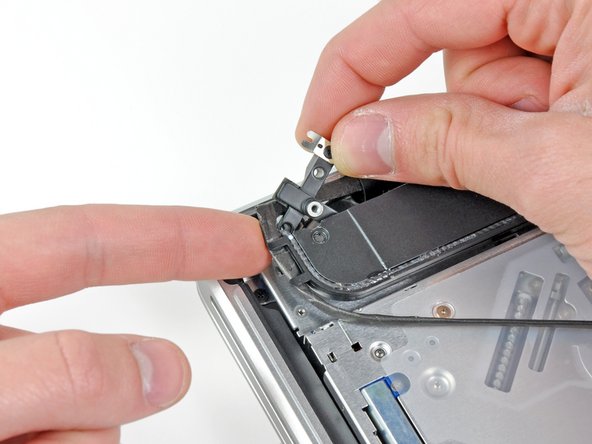When I decided that iFixit was going to show people how to fix anything, I realized that we couldn’t accomplish that mission without enlisting the help of the world’s repair experts. But, since everyone starts out as an amateur, I also knew that we needed a path for people to gain credibility and become recognized as an expert.
The obvious metric to use is industry-specific accreditation certifications. Some expert accreditations work very well, others do not. I wouldn’t trust a surgeon that didn’t have an MD, or a lawyer that hadn’t passed the bar exam. However, many other so-called expert certifications (A+ and MCSE, I’m looking at you!) have such a low barrier to entry that they approach meaninglessness.
We are serious about expertise
Professionals in each industry know which standards to trust and which to ignore, but the immensely varying quality level often makes these certifications opaque to the rest of us.
We plan to recognize the good certifications and supplant the bad. First, let’s talk about the good.
Recognition
Reliable reputation standards streamline trust. I’m probably going to be pretty skeptical of medical advice from a random person on the street—unless that person happens to have earned an MD. In that case, I am willing to extend them a great deal of credibility, even without any other knowledge of the individual. The world is rapidly becoming too complex to function without external certification entities to help us streamline case-by-case trust decisions.
Apple actually has one of the better computer service certification programs out there. I know this firsthand, because I learned most of my Mac repair skills at my first job, working under incredibly skilled certified Apple service technicians. They taught me a tremendous amount, most of which came from hundreds of hours of direct hands-on experience, but their baseline skill set came from Apple’s excellent training and certification programs.
Starting today, anyone who holds a current Apple Certified Macintosh Technician certification can send us their certificate via a handy upload form on their profile page. We will update their profile accordingly with an Apple Certified Macintosh Technician badge and 100 reputation points!
We don’t intend to stop with Apple certifications. We plan to support any industry-specific certification program that our community deems popular and credible. We won’t support them all initially, of course, but we plan on gradually rolling out new certifications.
A note of caution: Just because you have a certification doesn’t mean you are the final arbiter of truth and can steamroll over people who don’t. Yes, independent training and testing is a good start, but what we really care about is what others in our community think of you.
Expert certifications that matter
I don’t think very many computer technicians think that the A+ certification means much. (Even Geek Squad has replaced it with their own internal “DATA” certification.) But anyone would agree that a couple years of boots-on-the-ground experience successfully fixing things for people is worth a lot. You build up a track record of all the people that you’ve helped, people you can point back to as references.
So while we are eager to recognize the certifications that do mean something, we want to provide an alternative way to recognize the expertise of those who are out there actively helping people every day. That’s our goal for our reputation system—to provide a way for people to recognize expertise.
We’re very humble about this. We have devised a point system that surely needs lots of work before it reflects reality in any reasonable way. But every point that you earn in the system comes from a real person who thought the information that you provided was useful. And isn’t sharing specialized knowledge the essence of expertise?





0 Yorum